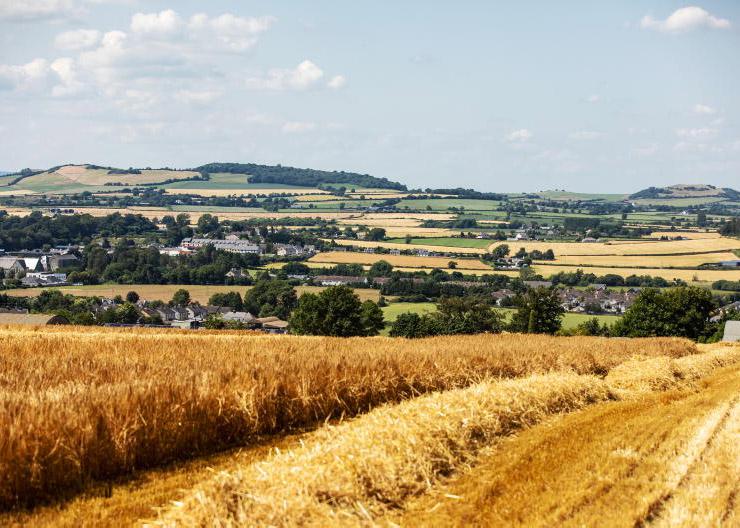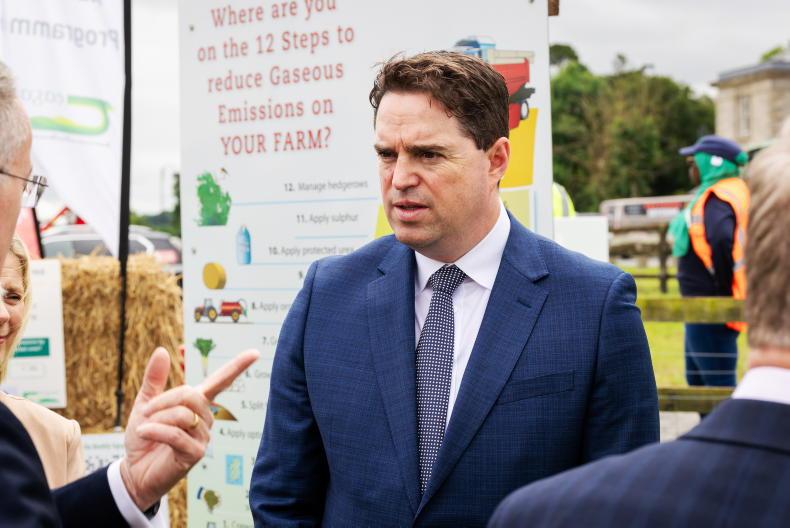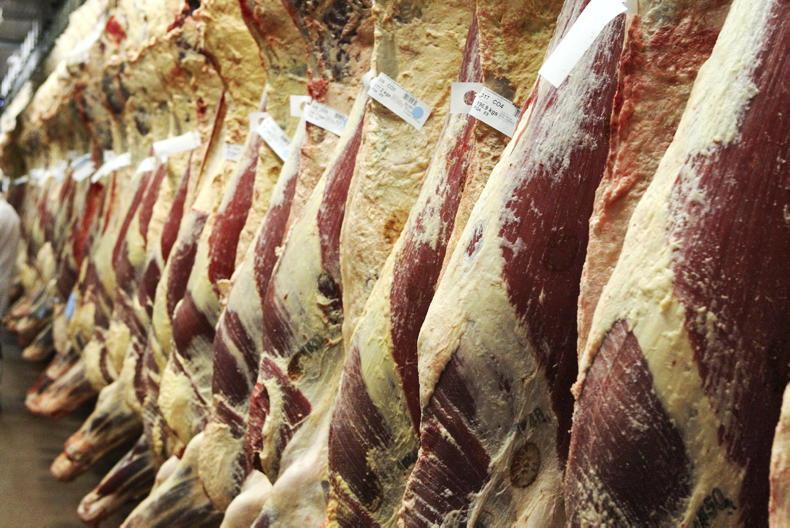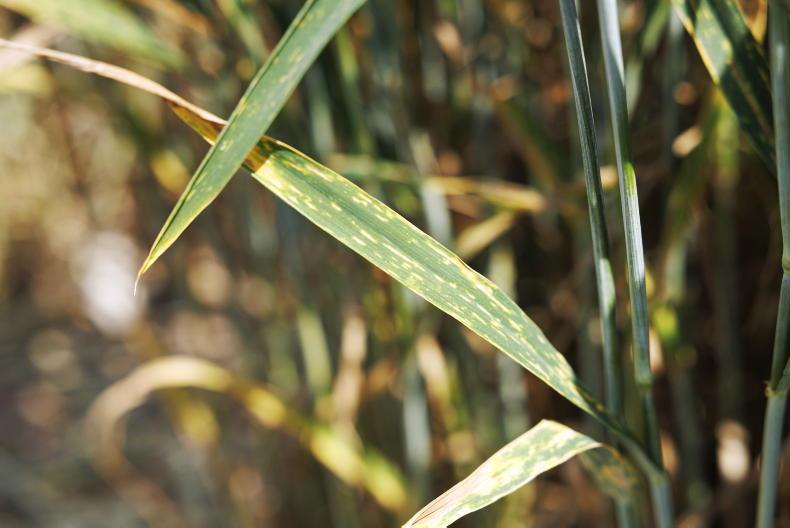The Teagasc Authority approved the appointment of Professor Pat Dillon as director of research at a meeting on Wednesday.
A former head of the animal production research centre in Moorepark and more recently head of the Teagasc animal and grassland, research and innovation programme, Professor Dillon will take up this new role straight away.
Congratulating Professor Dillon on his appointment, Teagasc director professor Frank O’Mara said: “Pat will play a key role in ensuring that Teagasc will deliver on its potential as an agent for change.”
Research lead
Teagasc reports that professor Dillon will have the responsibility to lead the four programmes in the Teagasc research directorate including animal and grassland research and innovation, crops, environment and land use, food and rural economy and development.
These programmes operate across six research centres at Ashtown, Athenry, Grange, Johnstown Castle, Moorepark and Oak Park.
In addition to research departments, these programmes also include the knowledge transfer (specialist) departments and the pigs, horticulture and forestry development departments.
Experience
Professor Dillon graduated from University College Dublin in 1986 with a degree in agricultural science and went on to complete his PhD in grassland science in University College Cork.
He first joined the research staff in Teagasc in 1990 and has held various leadership roles with the organisation.
Teagasc said: “[Professor Dillon] is internationally recognised as a leading scientist in sustainable, pasture-based livestock production and brings a wealth of experience in technology development and industry engagement to the role.”
Role
As director of research, Professor Dillon will lead Teagasc’s research programmes, working in partnership with the advisory and education functions in Teagasc, the farming, food and related industries, third-level institutions, State support organisations and international institutions and partners.
Frank O’Mara said: “Pat has led the organisation’s research in animal and grassland production for the last 12 years and I look forward to working with him as we seek the new knowledge needed for the food system approach outlined in Food Vision 2030.”
Speaking following his appointment, professor Dillon said: “Irish agriculture must continue to build on its comparative advantage in grass-based food production, while developing opportunities for a more diverse range of crop production options.”
“I am confident the challenges of water quality, climate change, ammonia emissions and biodiversity can be successfully addressed through the science-based technologies being explored.”









SHARING OPTIONS